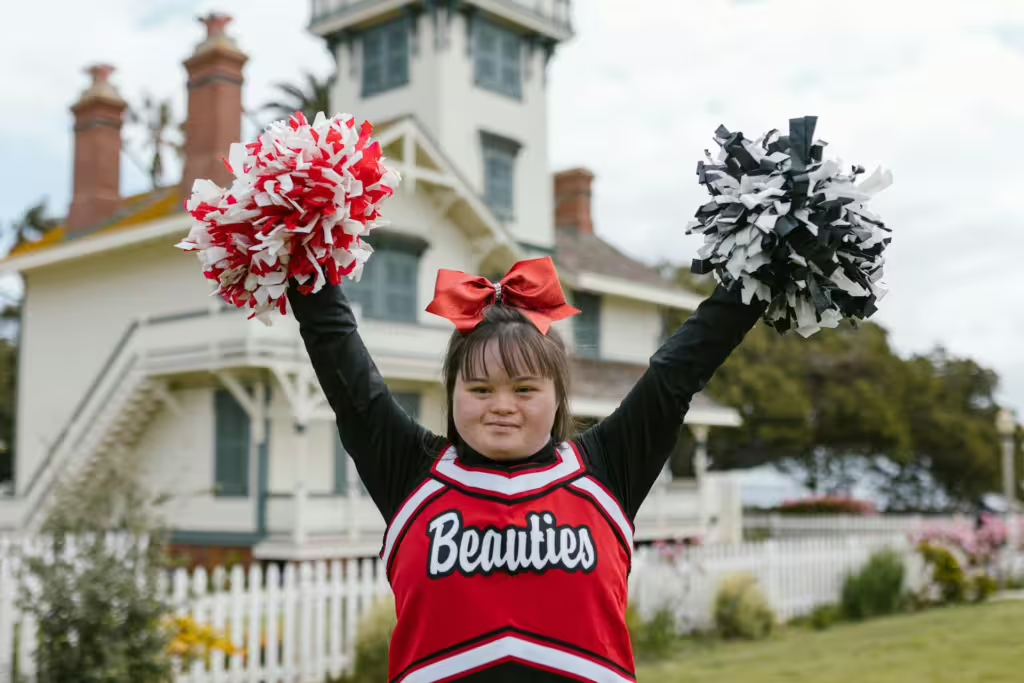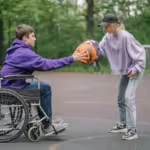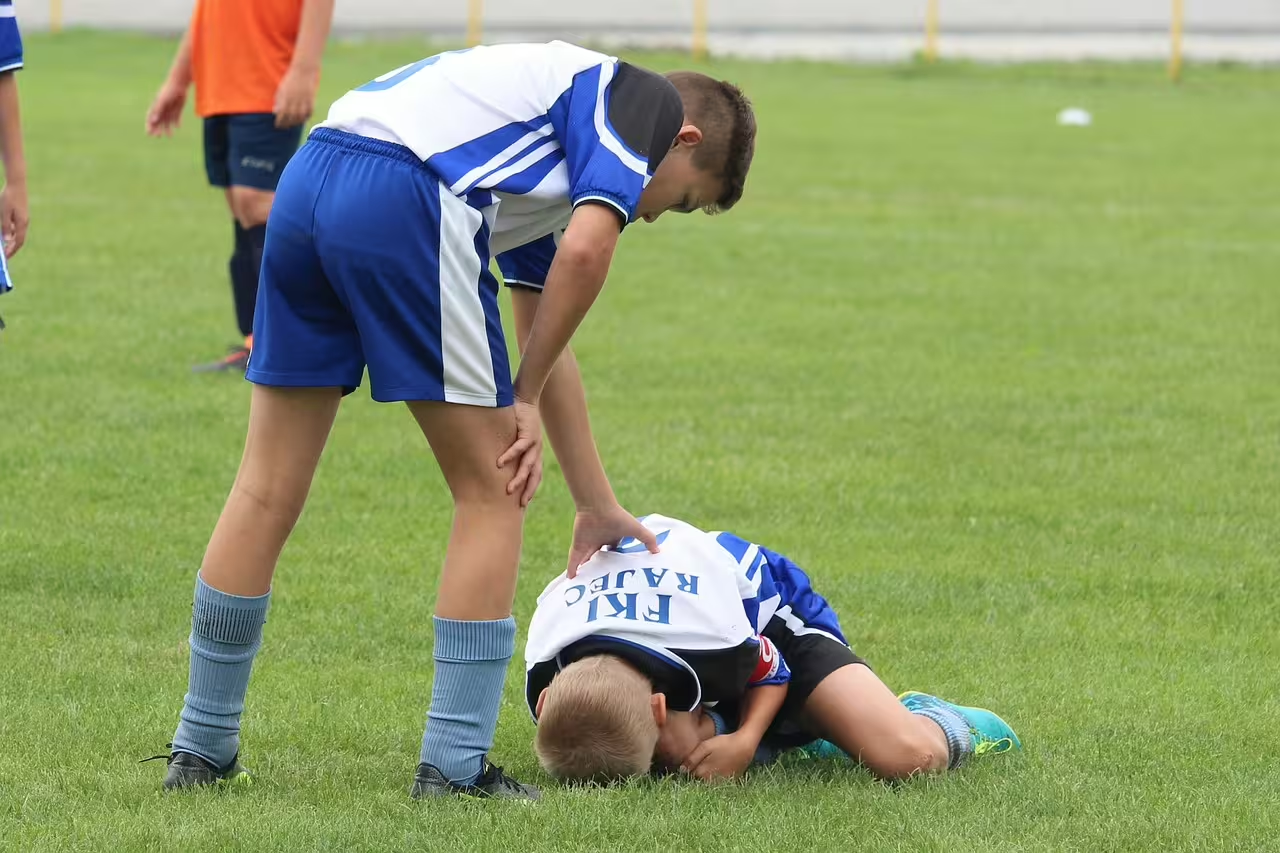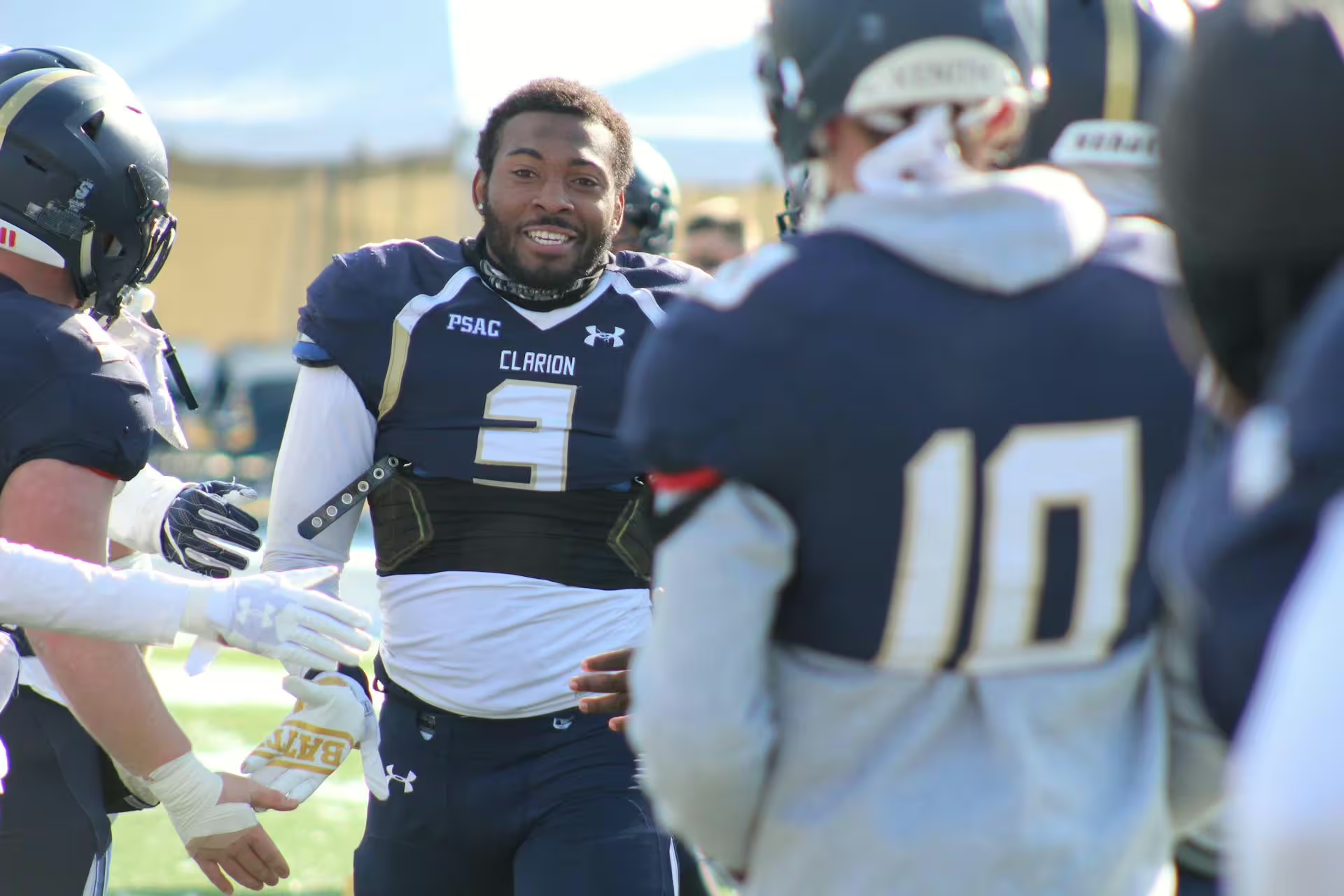Whether they have certain disabilities or special needs, every child deserves to have the opportunity to experience the joy of sports. For children with special needs, participation in sports can often be fraught with difficulties or barriers to entry. Nevertheless, the fact remains that sports offer children incredible benefits, including improved physical health, enhanced social skills, and boosted self-esteem; and none of these should be withheld because of a child’s special requirements.
By now, longtime readers will be keenly aware of how engaging in athletic activities allows children to develop motor skills, build up their confidence, and foster valuable friendships with their peers. Unfortunately, life can be complicated at times, even when it comes to something as simple as wanting to play sports. Families and children often face certain barriers when it comes to accessing and thriving in sports programs. In these situations, obstacles may include a lack of adaptive equipment, limited program availability, social stigma, and/or concerns about safety and accessibility for children with special requirements.
These problems are more easily overcome than most parents realize, however. The key lies in understanding each of the challenges and finding solutions that please everyone involved. This simple, problem-solving exercise can make all the difference and can ensure that every child gets the chance to play, compete, and succeed in youth sports; should they want to do so.
In this article, we will explore some of the most common obstacles that children with special needs might encounter when they join youth sports. At the same time, we will provide practical strategies for parents to help overcome those barriers. Whether you’re a parent, coach, or simply an advocate, we trust that you will find these actionable steps to help break down barriers helpful. Finally, we hope that through these methods, your child can have a more inclusive sporting experience.
Common Barriers to Access
One of the biggest challenges that parents and children with special needs face is the serious lack of awareness and training that exists among coaches and sports organizations. We aren’t disparaging these individuals or organizations in terms of their overall coaching prowess, but are specifically talking about inclusive practices, or the lack thereof. Indeed, many sports programs are simply not designed with adaptive needs in mind, which makes it difficult for children with disabilities to be able to participate fully.
Other barriers include certain financial constraints, which might prevent families from enrolling their children in specialized programs. These programs are necessary, because they support and accommodate children with a wide variety of special needs. Unfortunately, many such programs also happen to be privately owned of non-profit, which makes them expensive to access. Then there is the problem of location; not every community has a special needs sports program in place, or the means to fund and staff it.
Additionally, transportation issues, sensory sensitivities, and the fear of exclusion can further discourage children with special needs from engaging in sports; and none of these are easy for parents or the kids, in general, to overcome without a little help.
Despite these challenges, numerous initiatives and strategies exist to help make things easier for parents and the kids who wish to play. From community-based adaptive sports leagues to schools integrating inclusive physical education, there are many ways to ensure that children with special needs can enjoy the benefits of sports participation.
Breaking Down the Barriers
Limited Access to Adaptive Sports Programs
The Challenge: Many communities are simply too small, remote, or lacking in funds to support any sort of meaningful adaptive sports programs. This is disappointing for many reasons, but it also leaves children with disabilities with very few opportunities to participate. In some situations, traditional sports leagues may attempt to step in and help, but though their heart is in the right place, they may not be equipped to support the needs of children with certain disabilities or special requirements, which could then lead to inadvertent exclusion.
The Solution:
- Research local programs: Organizations such as the Special Olympics, Paralympic programs, and even some local disability advocacy groups will usually provide specialized sports opportunities for children with special needs.
- Advocate for inclusion: Parents should work with schools, community centers, and sports leagues to create more inclusive programs for members of the community that have special needs.
- Create your own opportunities: If no adaptive sports programs exist where you live, you could always start your own! Consider starting a league with the help of other parents, coaches, and even tap into some local businesses to see if any of them want to help.
Lack of Trained Coaches and Staff
The Challenge: Despite their best efforts and any amount of sincere desire to help, many coaches and instructors don’t necessarily have the training required to work with children with special needs. The result of this is often frustration on the parts of the children, the staff, and the parents.
The Solution:
- Provide education and training: If they don’t already possess the expertise, parents might try to gently encourage coaches to take courses on working with children with disabilities. We understand that this one is not as feasible as it sounds in practice, but if the parental/coach relationship is close and healthy, the opportunity to have this conversation may just arise naturally. Remember, organizations like the National Center on Physical Activity and Disability (NCPAD) offer great resources for coaches who are interested in furthering their experience or sports education.
- Seek out specialized coaches: Try and seek out sports programs that have experience working with special needs athletes. You might even find some that are already looking to get into that modality or are considering hiring a coach with expertise in adaptive sports.
- Foster mentorship programs: Social media is a great resource for concerned parents of children with special needs. Websites like Facebook enable novice parents to connect with experienced ones or with adaptive sports professionals. You might even be able to speak to coaches that have the required experience to provide guidance and support.
Physical Barriers and Accessibility Issues
The Challenge: Unfortunately, many if not most sports facilities are not designed to accommodate children with mobility challenges or other physical disabilities.
The Solution:
- Identify accessible locations: Do your research before embarking on this sports journey with your child and seek out sports venues that have ramps, adaptive equipment, and accessible restrooms. You’ll want to make sure that these three boxes are ticked before going to play, especially if the location is any significant distance from your home.
- Work with facility managers: Parents should advocate for improvements, such as installing wheelchair-accessible seating and adaptive playgrounds in their neighborhood and where their children, learn, play, or play organized sports.
- Consider home modifications: If access to a facility is an issue, you might have to switch focus for the time being. In situations like this, the best bet is to brainstorm ways to create accessible sports opportunities at home or in a nearby park. So long as you make the activity fun for the child and easy for you both to manage, the interim solution may prove to be quite effective.
Social and Emotional Challenges
The Challenge: Some children with special needs may struggle to be social. They might be anxious about social interactions or lack the confidence to navigate the complex ins and outs of childhood socialization. This isn’t just an issue in a child’s day-to-day life, but issues like these can also make participating in sports fairly difficult. For instance, even solo sports like swimming and gymnastics require a child to speak or share space and conversation with other kids.
The Solution:
- Encourage peer support: If your child has trouble approaching other kids on their own, you might try pairing them with a buddy at first. As they learn to spend time with others in a comfortable, enjoyable setting, they will, in turn, feel more comfortable in group settings.
- Focus on fun rather than competition: As parents, it falls upon us to emphasize what we want our kids to engage in the most. For situations like these, it’s probably best to place the emphasis on participation, enjoyment, and personal growth rather than simply winning any matches; at least off the bat.
- Provide individualized support: Parents should with closely with coaches to implement techniques such as visual schedules, social stories, or calming strategies to help anxious or socially-awkward children to feel more at ease while playing sports.
Financial Constraints
The Challenge: We won’t beat around the bush; nearly all youth sports have some sort of cost associated with them…and it’s rarely cheap. Adaptive sports may even require specialized equipment, which can be quite pricey. Moreover, adaptive programs themselves and even the transportation to and from practices and games, can be difficult for struggling families to manage without financial help. Thus, the cost of involvement could be a serious impediment to helping a child with special needs participate in sports.
The Solution:
- Look for scholarships and grants: Many organizations, such as the Challenged Athletes Foundation, offer financial assistance for parents and athletes who are struggling to afford adaptive sports programs and equipment.
- Seek community sponsorships: Ask around! You never know which local businesses and charitable groups may be willing to fund special needs sports initiatives for the kids in the neighborhood.
- Host fundraising events: Parents can try doing some outreach on their own by organizing a community event or online fundraiser. These events can help bring parents and children with disabilities in the area together, allowing for networking, building friendships, and helping to offset the costs these sports usually involve. They also raise awareness about the importance of inclusive sports to those members of the community who don’t know about the struggles facing some of their friends and neighbors.
Misconceptions and Stereotypes
The Challenge: Believe it or not, there are some people in the world who not only assume that children with disabilities cannot participate in sports, they actually believe those children should not do so! We know this is wrong and that these jerks are usually few and far between, but such behavior can lead to a lack of opportunities and support.
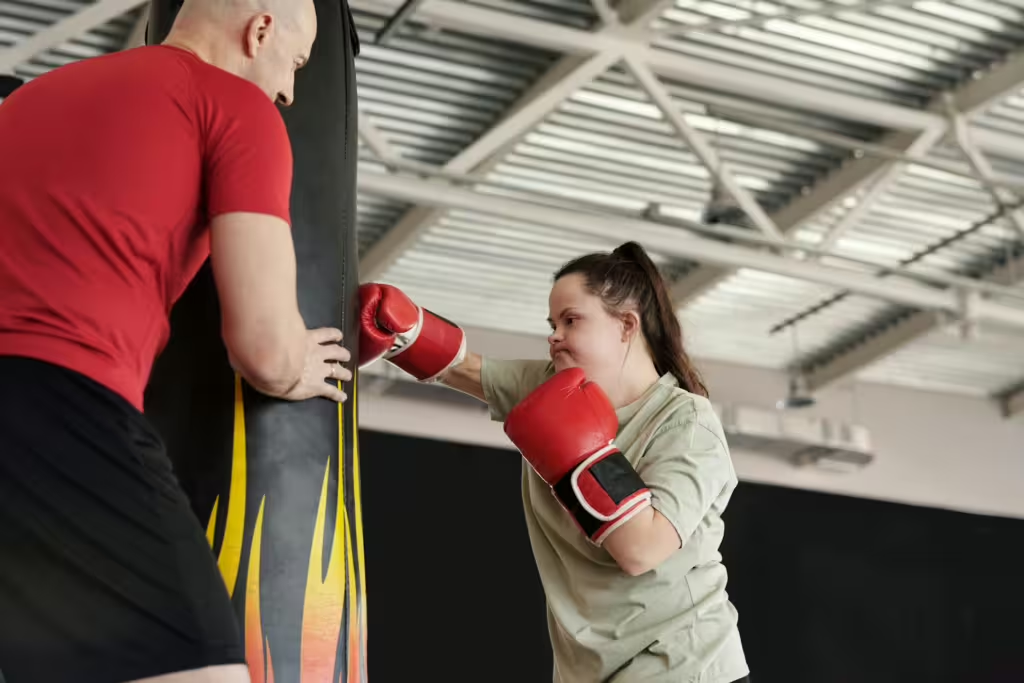
The Solution:
- Educate the community: Parents can share success stories and information about the benefits of sports for children with special needs.
- Promote inclusive events: When in doubt, you can organize awareness campaigns, adaptive sports demonstrations, and inclusive sports days at schools and community centers so that everyone can learn about the types of struggles these children face. It isn’t just about the struggle though, these events will also give children the chance to show what they are capable of, proving to the world that they definitely should be allowed to sport with the rest of their peers!
The Benefits of Overcoming Barriers
When children with special needs are given the opportunity to participate in sports, the positive impact is profound. Here are just a few of the many benefits these children will glean:

- Improved Physical Health: Adaptive sports help kids to develop strength, coordination, and overall fitness.
- Enhanced Social Skills: Playing on a team teaches cooperation, communication, and friendship; all things that any growing child needs to thrive.
- Boosted Confidence: Achieving goals in sports, no matter how small, builds self-esteem and motivation, especially for kids who have less-than-stellar confidence in their own abilities.
- Greater Independence: Learning new skills and participating in sports fosters a sense of autonomy and resilience; all of which will help a child later in life.
Cultured Athlete Says…
As you can see, breaking down barriers in special needs sports isn’t just a matter of changing tactics; it requires effort, advocacy, and collaboration on the part of the parents. While challenges will always exist, such challenges are far from insurmountable. Parents that work hard to increase awareness, improve accessibility, and foster inclusive attitudes among their peers and those of their children, are well placed to enact change. If all of us did this for our children, we could create a world where every child, regardless of ability, has the chance to experience the joy and benefits of youth sports.
The key takeaway in all of this is that every child deserves the chance to play. With the right support and opportunities, children with special needs can not only participate in sports but also thrive, grow, and inspire others who might be anxiously waiting on the sidelines for their shot.
Discover more from CulturedAthlete
Subscribe to get the latest posts sent to your email.

